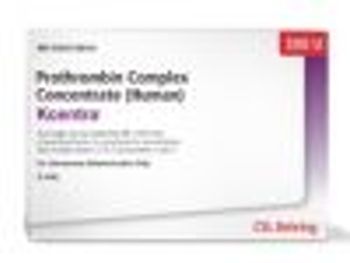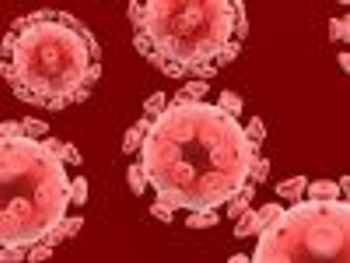
March/April 2014










Needle phobia can significantly affect the well-being of patients who are serviced by specialty pharmacies, but techniques can be employed to help mitigate its impact.

Kcentra is the first nonactivated 4-factor prothrombin complex concentrate for the urgent reversal of acquired coagulation deficiency induced by vitamin K antagonist therapy.

Specialty pharmacies serve as a hub of services for all stakeholders, offering comprehensive support programs for patients and data-driven clinical intelligence for providers and payers.

With the continued growth of the specialty pharmacy market, payers are employing an increasing number of cost and utilization management strategies to ensure proper use of specialty medications. Collaboration between specialty pharmacies and payers is essential.

HIV-specialized pharmacies meet the complex needs of HIV-positive patients, helping to provide comprehensive patient care and improve medication adherence to both anti-retroviral therapies and non-HIV medications.

Consistent attention to processes is vital to the practice of specialty pharmacy, with medication safety procedures playing a key role in the mitigation and reduction of adverse events.

Although biosimilars may be years away from their US debut, now is the time for pharmacists to educate themselves on this new class of agents so that they will be prepared to provide support for their appropriate use.


Successful at-home administration of specialty medications requires extensive preparation and constant assessment of the patient's response by the specialty therapy nurse.

Therapies for hepatitis C, cancer, and orphan conditions are among the specialty drugs expected to receive approval in 2014.

The editor-in-chief of Specialty Pharmacy Times discusses the requirements of the new national pharmaceutical serialization and track and trace program.